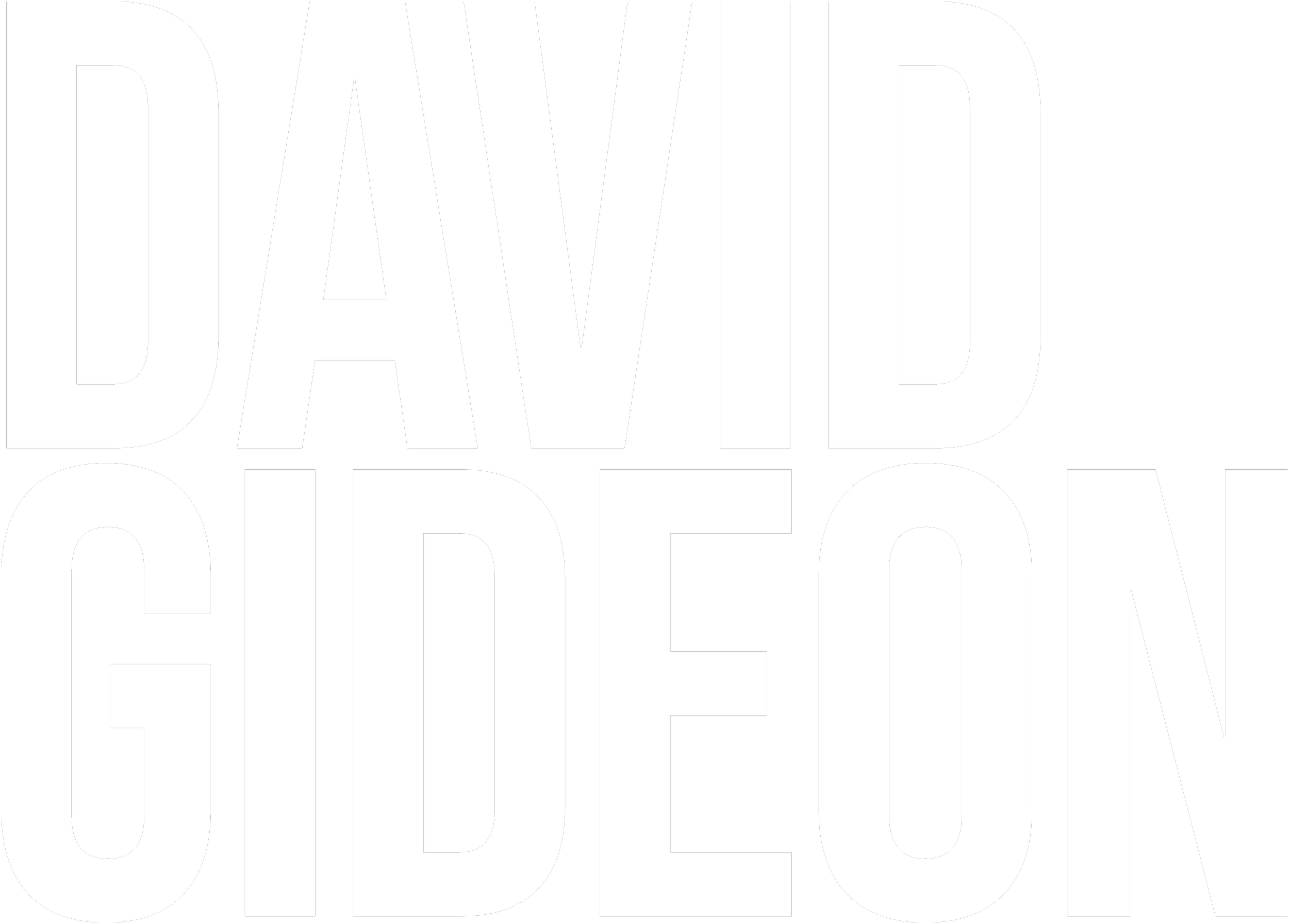“Mendacity, Big Daddy”, is how Brick answers Big Daddy’s question, “why do you drink”? He can’t tolerate the dishonesty of the world in which he lives. While not a teetotaler, Lee Strasberg never resorted to drinking to deal with the many slings and arrows that were directed at him. As I wrote in an earlier blog post, even though many other teachers took endless swings at him, he never responded in kind. Usually, he had good, and supportive things to say about the very people who attacked him.
We live in an age of unaccountability. People can say and do anything, and even when confronted with the truth that refutes their distortions, they continue to maintain their dishonest positions until they are accepted as truths. In this regard, I disagree with Lee Strasberg’s having remained silent in the face of the barrage of purposefully misleading descriptions about his work.
At the University where I teach the Sophomore Acting Company, Purchase College, SUNY, I assign “Stella Adler On Chekhov” as a reading to accompany the students first forays into this great modern dramatist. Stella is brilliant in leading us toward understanding the intricacies, differences, and joys of Chekhov’s characters, plays, and scenarios. Every time I assign this, my students marvel at the incredible number of times Stella takes pot-shots at Lee Strasberg. In my opinion, because he didn’t respond during his lifetime, these barbs have been passed forward as facts.
Once, while working in Lee’s study, I ran across something that, if published, might have ended Stella’s attacks once and for all. When I brought this to Lee’s attention he said, “no! That would hurt Stella and she’s too valuable”. Instead, because of his chosen silence, the misrepresentations continue.
The truth is behind all of our best acting. A great film star, James Cagney, (1899 – 1986) once said, “acting is easy. Just look them in the eye and tell them the truth”. It really is as simple as that. The difficulty is in learning how. That part of training, learning the truth-telling, depends on close cooperation between the teacher and the student. I often remind my students that it is important to keep certain information private. This actually aids in achieving open, honest expression. For example, as long as the observer(s) don’t know the identity of who you are creating, you have unlimited freedom to do or say anything without concern of being judged. And yet we often see an actor maintain a deceptive position out of habit or avoidance. If an actor doesn’t want to admit to him/herself the underlying true feelings about a person, or any other creatively imagined reality, it will be nearly impossible to be truthful in that part of a scene.
Sometimes the conflict between the actor’s true feelings as opposed to stated feelings leads to great tension. A sort of internal tug of war. This compounds the problem because this tension not only inhibits the expression but also restricts the flow of sensation, both real and memory. This tension is what I see and read on the actors I am teaching. It leads me to start asking questions meant to guide an actor towards his/her already existing truth. I can’t tell what that truth is. I’m not a mind reader. But I can clearly see when the truth is being covered up. Sometimes I can even tell what is most likely going on such as when an actor angrily tells me that s/he feels “fine – happy”. This ability to observe and interpret are part of what Lee Strasberg asked of and trained his students to do. He refined this in me as he was tutoring me to teach his work. Yet there are still actors who resist this part of their training.
Of course, there are also a great many teachers who try to teach Lee Strasberg’s work without asking for this depth of personal commitment and expression. For them and their students, it is often enough that the actor’s imagination is engaged and active. For others, the untrained foray into discovering the honesty of the moment leads to unnecessary mucking about in a student’s psyche. (This is a major complaint about Lee Strasberg’s work, but it is entirely incorrect and exists only in the teaching of incompletely trained or misguided teachers. He never did anything like this and was adamant that those he invited to teach didn’t do this either). Either way, much in the way of expression is often overlooked.
If the only thing that an actor wants to learn when coming to study this work is how to act on stage or screen, but overlooks the development of his/her instrument, a performance can be very good while remaining incomplete. In my classes, I tell my students that if we don’t explore their responses (both in exercises and in scene work) it would be the equivalent of taking a book from the shelf and saying that you have read it. The actual reading takes place after getting the book. One must sit down and pay attention to that which is on the page and read from cover to cover. Similarly, the exploring of each actor’s responses begins afters/he is successful in creating the imaginary circumstance(s).
To the protest, “but that is what I actually do”, Lee responded, “I don’t want to see what you ordinarily do. I want to see what you do when you are free from habit and convention and can express yourself openly and freely”. (It might help to re-read the post It’s Natural To Want To Be Real).
